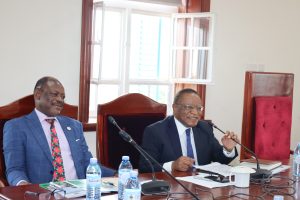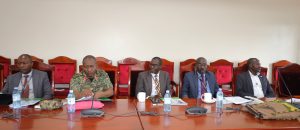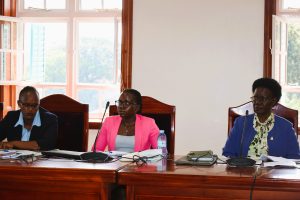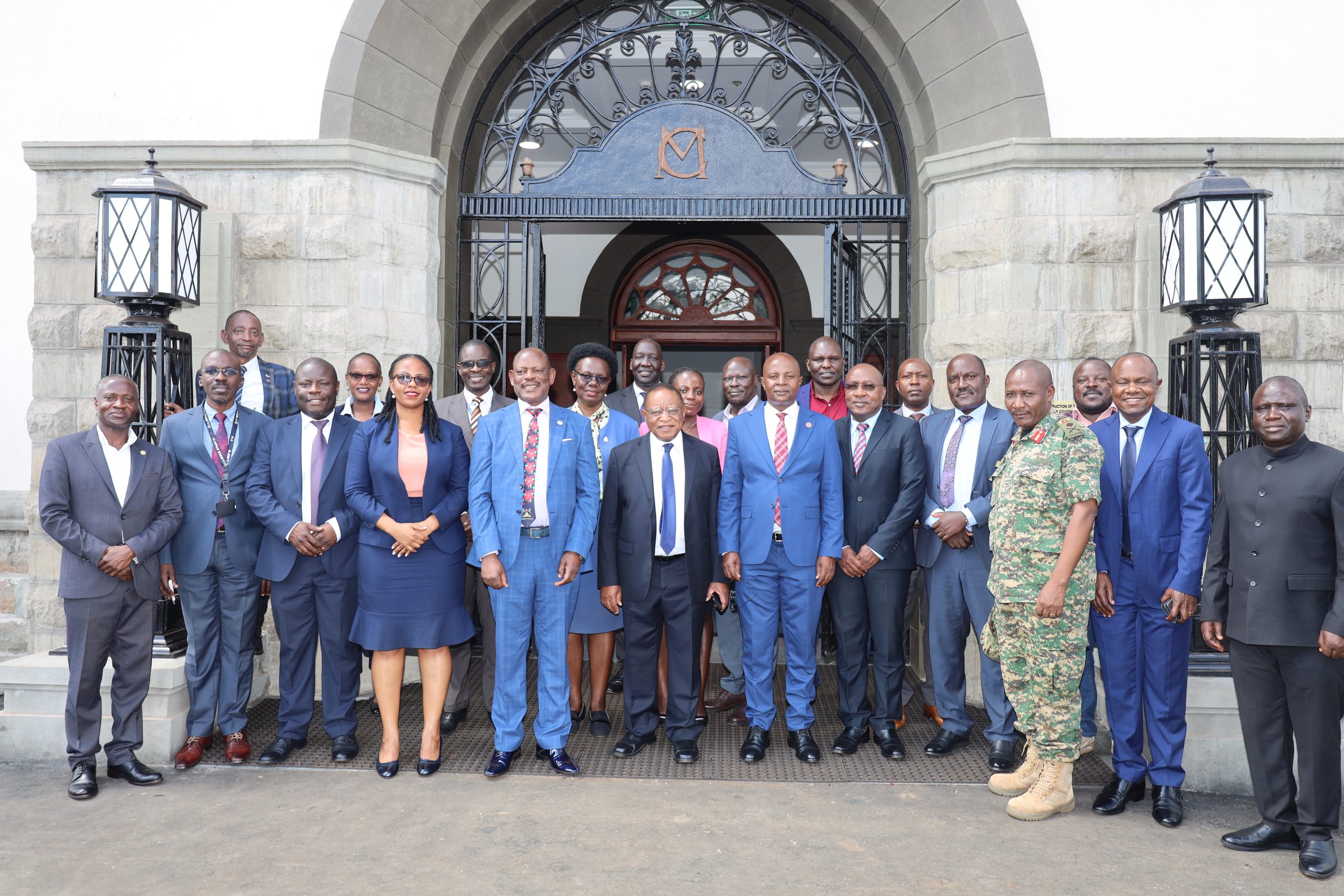In a pivotal workshop held at Makerere University on November 12, stakeholders, researchers, and policymakers gathered to discuss the progress and emerging issues in the implementation of Uganda’s Parish Development Model (PDM). This transformative model, conceptualized by Prof. Ezra Suruma, aims to tackle some of Uganda’s most pressing socio-economic challenges: poverty, unemployment, and limited access to essential services, particularly in healthcare and agriculture.

Prof. Suruma, the architect of PDM, underscored the crucial role of researchers in creating wealth-empowering strategies for Ugandans. “The PDM is designed to eradicate poverty, promote economic inclusion, improve service delivery, and modernize agriculture,” Prof. Suruma stated. He highlighted that the model not only provides a pathway for Uganda’s rural households to participate in the economy but also aims to address the underlying issues that leave many citizens unable to afford basic needs.
The Vice Chancellor of Makerere University, Prof. Barnabas Nawangwe, commended Prof. Suruma’s visionary leadership and the significant impact PDM is expected to have on communities across Uganda. “The PDM stands as one of the largest government interventions aimed at eradicating poverty and uplifting communities,” he remarked. Prof. Nawangwe also emphasized Makerere University’s commitment to supporting PDM through the PDM Lab hosted by the College of Business and Management Sciences (CoBAMS), which serves as a hub for real-time data analysis to guide the implementation of PDM activities across the country.
The PDM Lab at CoBAMS, led by Prof. Eria Hisali and funded by the United Nations Development Programme (UNDP), is instrumental in collecting, analyzing, and interpreting data that can shape PDM policies at the grassroots level. During the workshop, Dr. Suruma extended his appreciation to UNDP for their support and acknowledged the researchers for their efforts in generating valuable insights into the effectiveness of PDM.

Despite Uganda’s notable economic growth in recent years, poverty remains a persistent challenge, with a significant portion of the population struggling to meet basic needs. Unemployment rates, especially among youth, are high, limiting economic opportunities for the country’s largest demographic. Access to healthcare, particularly in rural areas, is another critical issue, with many Ugandans unable to afford or reach essential medical services. These challenges underscore the need for initiatives like the PDM that are designed to create sustainable economic opportunities, improve household incomes, and ensure equitable access to services.
“PDM seeks to empower households to create wealth, ultimately reducing dependence on subsistence farming and encouraging local economic development,” Prof. Suruma emphasized. He believes that the model’s holistic approach will foster greater self-sufficiency among Uganda’s communities by addressing poverty from multiple angles, including agricultural modernization, financial literacy, and service accessibility.

As the workshop concluded, participants expressed optimism about PDM’s potential to drive sustainable change. Prof. Nawangwe reiterated Makerere University’s dedication to supporting this national initiative, affirming that the PDM Lab will continue to play a key role in assessing and enhancing the model’s effectiveness.
The Parish Development Model offers a beacon of hope for millions of Ugandans striving for a better quality of life, aligning with Uganda’s broader aspirations for economic growth, social equity, and sustainable development.

